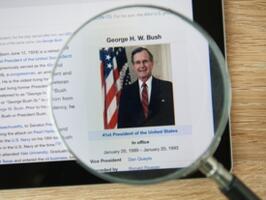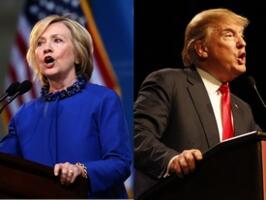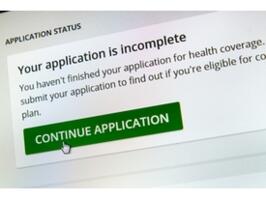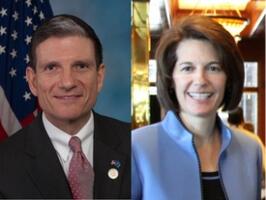Republicans Couldn’t Care Less About Bush's Vote For Clinton
Former President George H.W. Bush who along with the rest of his family boycotted July's Republican National Convention was outed on social media this week as planning to vote for Hillary Clinton. Bush has not confirmed his vote to the media, but his reported decision has little impact on voters, especially his fellow Republicans.









